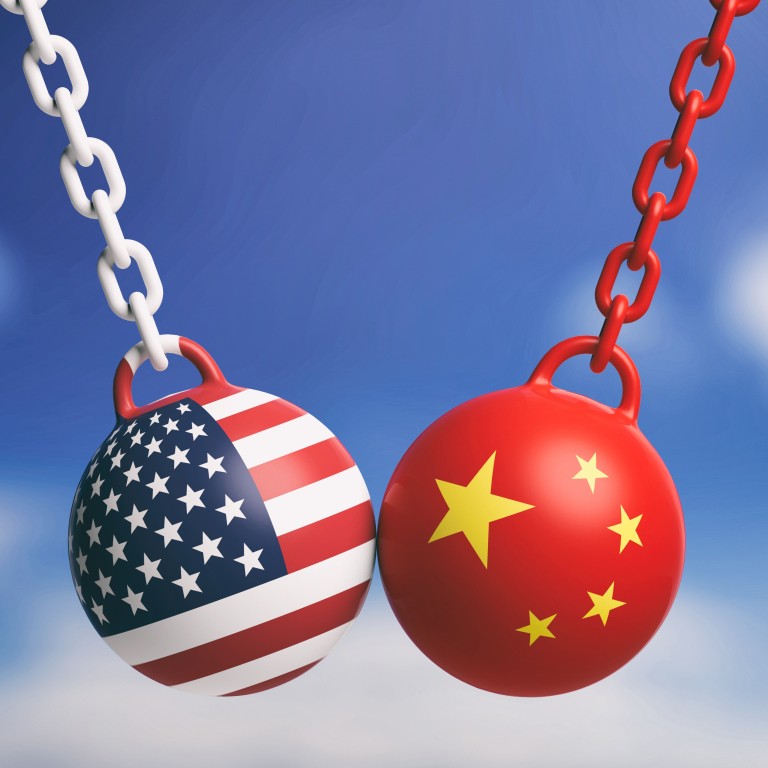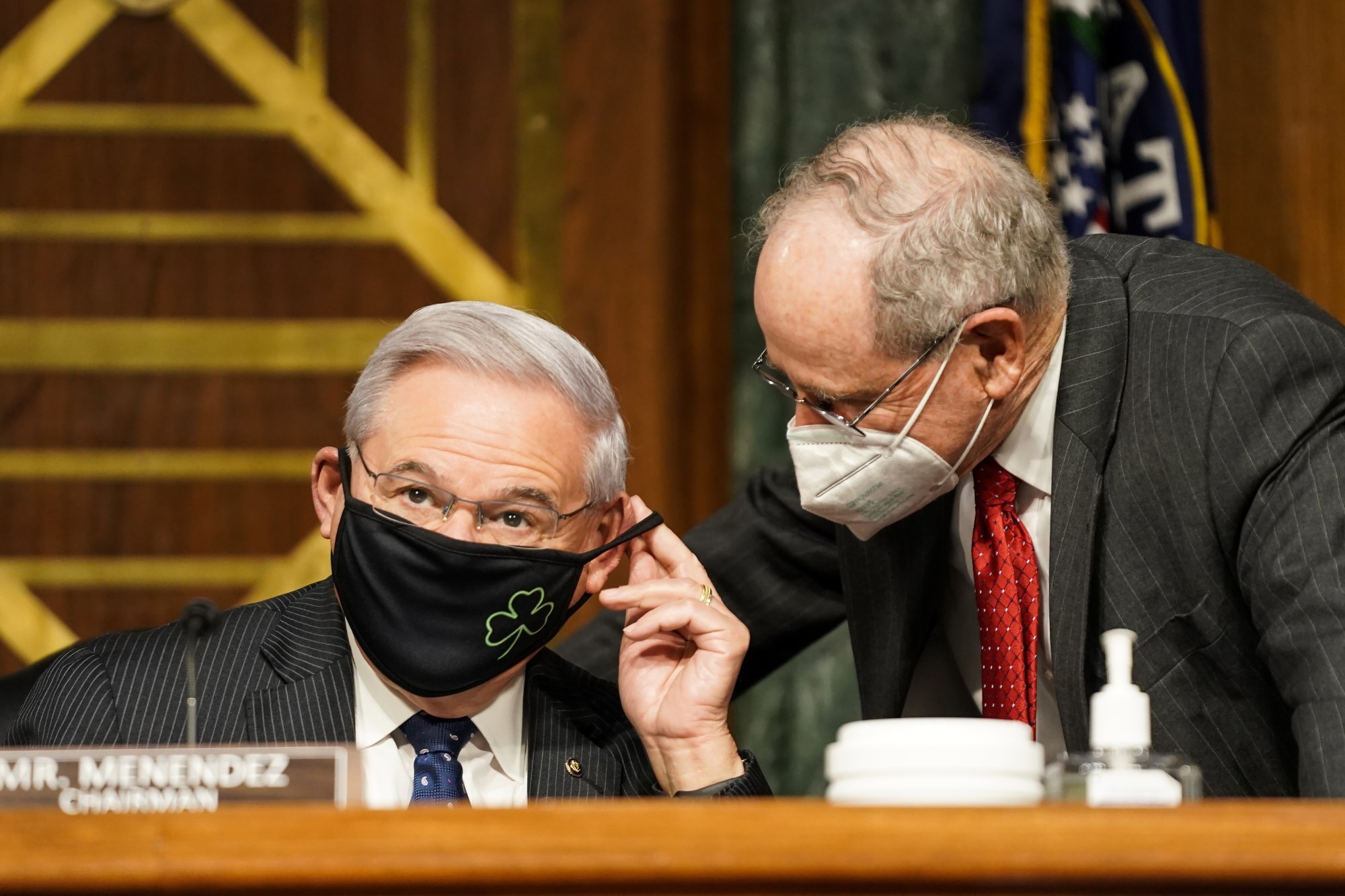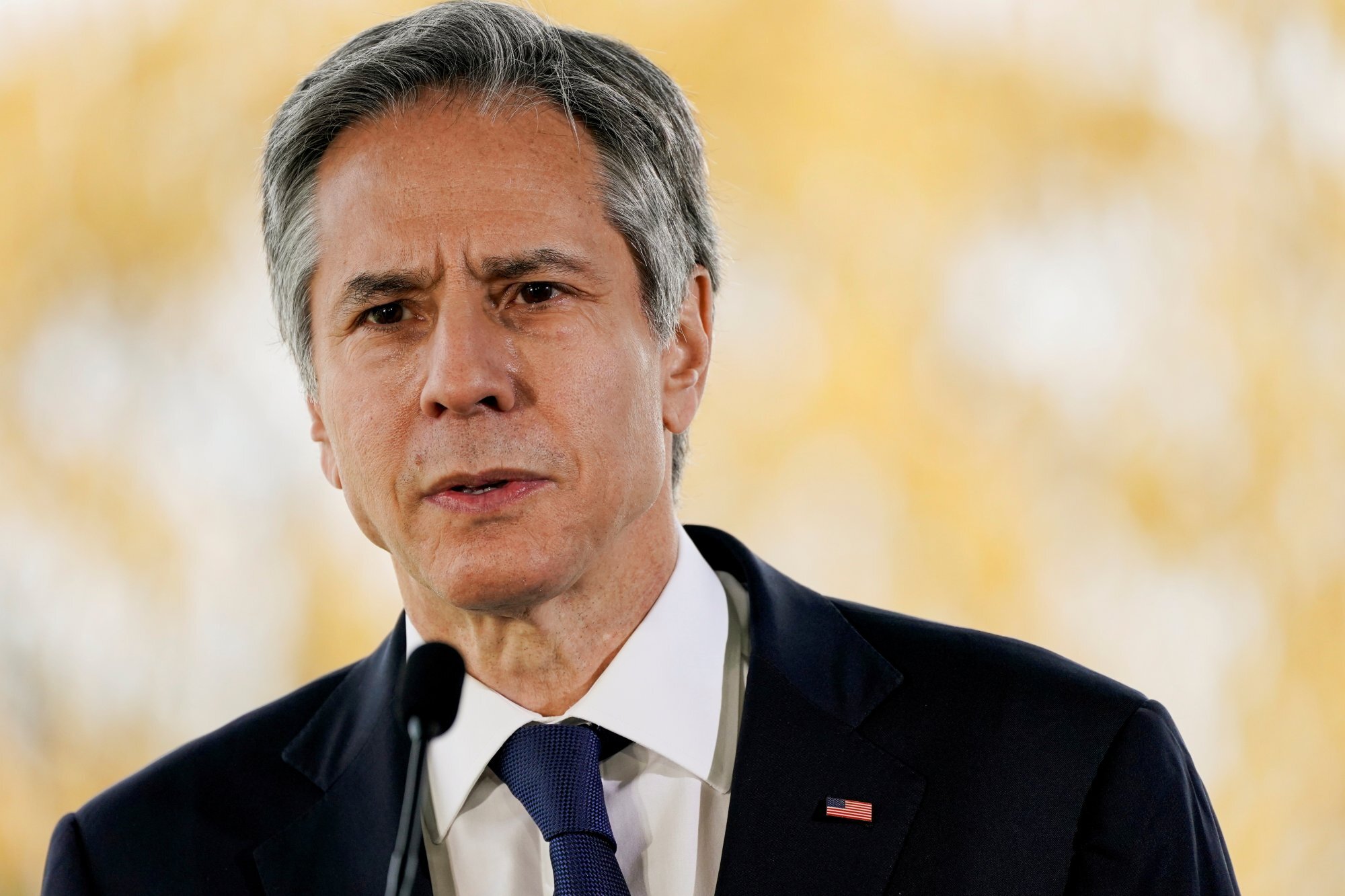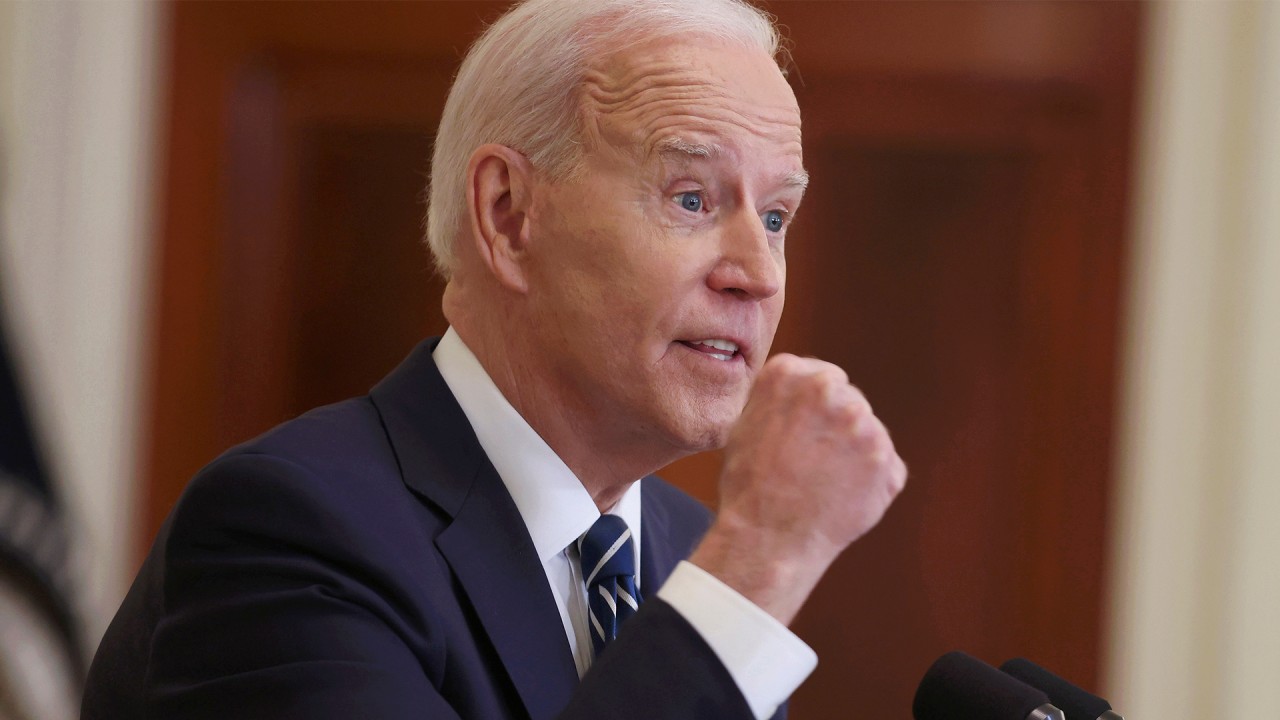
US senators propose more programmes to help competition with China
- The Strategic Competition Act of 2021 is amended to provide more aid to Africa and Latin America and more tech funding
- The foreign policy issue ‘perhaps for the entire 21st century is going to be China, China and China,’ one senator says
More aid to Africa and Latin America, greater funding for technology industries and a more robust US development bank were among the initiatives added on Wednesday to a landmark bill intended to improve the US’ ability to compete with China.
“The issues facing us today in foreign policy, and perhaps for the entire 21st century, is going to be China, China and China,” said Jim Risch of Idaho, the senior Republican on the Senate Committee on Foreign Relations, in the hearing on the Strategic Competition Act of 2021.
“I can’t overstate the significance of this bill.”

The legislation, which enjoys strong bipartisan support, represents an effort by Congress to strengthen US tools deemed necessary to counter Beijing and to bolster US capabilities as the two economic giants increasingly face off as “strategic competitors”.
“China is strategic competition – not because that is what we want or what we have tried to create but because of the choices that Beijing has and is making,” said Robert Menendez, Democrat of New Jersey, the committee’s chairman.
“China today is challenging the United States and international community across every dimension of power – political, diplomatic, economic, innovation, military, even cultural – and with an alternative and deeply disturbing model for global governance.”
The legislation is now expected to go to the full senate for debate and a vote. While it has several steps to go before enactment, the hearing underscores its strong support and broad ambitions. Risch predicted that it could end up with as many as 80 votes in the 100-seat Senate, an extraordinary level of support amid an era in Washington of deep partisan division.
Even before Wednesday’s amending, the bill was already 281 pages and is almost certain to grow.
A Pew Research poll in May 2020 found that nine out of 10 Americans regard China as a competitor or an enemy, rather than as a partner.
The bill as written would add new sanctions on Chinese officials accused of human rights violations in Hong Kong and Xinjiang; strengthen US ties with Taiwan; and try to further limit Beijing’s military operations and territorial claims in the South China Sea and beyond.
The legislation follows a recent spike in military tensions involving the self-governing island of Taiwan, which China considers a renegade province, and in waters around the Philippines.
The bill would also earmark US$10 million to “promote democracy” in Hong Kong and require a State Department report on ways that China uses Hong Kong’s unique status to circumvent US laws and safeguards.
Several senators cited Beijing’s policies toward the Uygurs in the far western Xinjiang region as justification for their hardline amendments. Up to 1 million of the mostly Muslim community are detained in camps there, according to civic groups and the United Nations, with some accounts accusing China of using torture, forced labour and sterilisations.
US Secretary of State Antony Blinken has upheld a Trump administration determination that the abuses constitute genocide, although that wording is not included in this bill.

Beijing has characterised the camps as employment and training centres, a claim that has been met with growing scepticism in the US and Europe.
In a bid to bolster its case, the Chinese embassy in Washington – just as the hearing was starting on Wednesday morning – announced an online event entitled “Xinjiang is a wonderful land”. The May programme is to include a 20-minute session on “Xinjiang residents on their everyday work and life”.
One addition to the bill on Wednesday would include more effective programmes to counter China’s financial aid, lending and persuasion campaigns in Africa and Latin America, with senators bemoaning shortfalls in US efforts in those regions.
Ideally, senators said, those would also include attempts to ramp up vaccine distribution to counter Beijing’s “vaccine diplomacy” around the world.
The problems facing US companies looking to return home from China
Another amendment would add funding to make the US more competitive in countering Beijing’s bid to establish supremacy in key technologies, as outlined in its Made in China 2025 economic blueprint.
This is one of dozens of US efforts and proposals to make supply chains less dependent on China, bolster US semiconductor capacity and put more research funds into science and technology.
Another new provision strengthens the US International Development Finance Corp as it tries to compete against the China Development Bank, which has played an instrumental role in Beijing’s signature Belt and Road Initiative, a global infrastructure programme.
Proposed reforms include treating equity investments as loans and raising the agency’s equity cap to US$100 billion, from US$60 billion.
Senators acknowledged, however, that Chinese spending leaves the US in the dust. China’s development bank is more than 10 times the size of its US counterpart, while Beijing’s loans to developing countries totalled US$462 billion from 2008 to 2019, vastly more than Washington’s outlays, they said.
“American businesses need more tools to compete with China,” said Senator Cory Booker, Democrat of New Jersey. “The US is decidedly being left behind.”
Several amendments did not make it into the bill, including one by budget hawks to cut financing for the National Science Foundation and the Inter-American Development Bank. Another sought to upgrade the title of Americans working at the American Institute in Taiwan, the de facto US embassy on the island, from “director” to “representative”.
Some also questioned the effectiveness of some spending in the bill, including a proposed “Countering Chinese Influence Fund”, that has a five-year price tag of US$1.5 billion.
Weifeng Zhong, a fellow at the libertarian Mercatus Centre, said he found it “refreshing” that “US policymakers recognise the increasing importance of the US-Taiwan partnership”.
However, he added, “many of the proposed uses of the fund are about making Americans aware of China’s malign influence – which they already are – while much-needed details on how policymakers would actually confront it are still lacking.”



